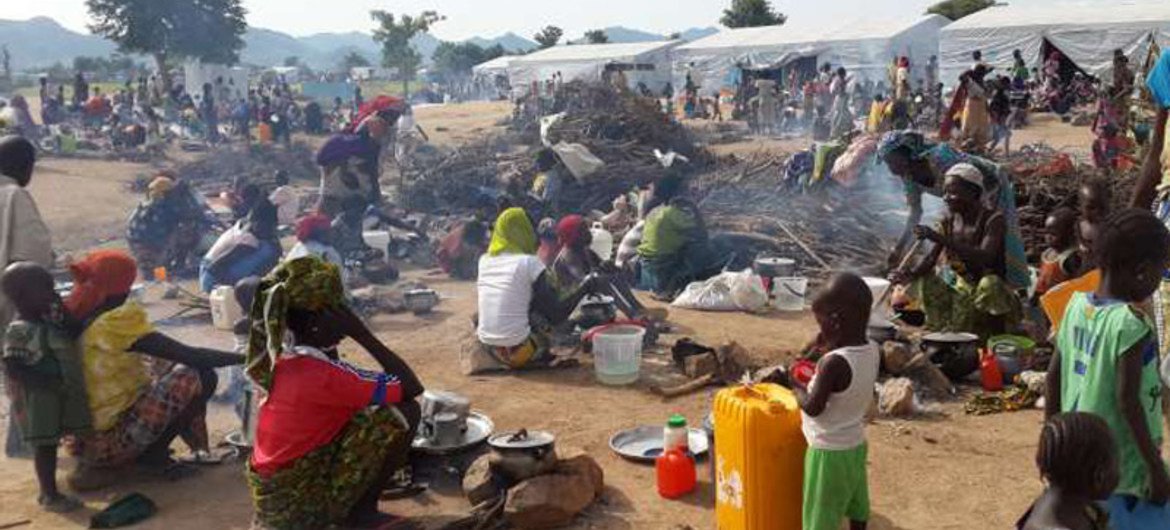

This year, the UN refugee agency asked about the biggest barriers that refugees face today. The mini online survey by UNHCR, suggested the biggest obstacles most respondents cited were access to basic services, discrimination, and xenophobia.
My recent ground research on urban refugees in Kawangware, Nairobi, revealed findings. The biggest barriers refugees said they face while trying to fit into the Kenyan labour market is discrimination and xenophobia.
These are among the many key issues refugees face in host countries and need to be addressed by states in light of World Refugee Day on June 20. World Refugee Day is intended to be a celebration of the human spirit and of the fortitude of the millions of people who, despite being displaced and dispossessed, relentlessly strive to improve their lives and those of their families and communities. Yet year in year out, there is still far to go in resolving these issues.
Refugees in Kenya sadly carry the refugee stigma for many years.
Those who find themselves in urban areas often live undercover, work undercover, and resolve their issues undercover, yet they are as human as we are. Why do they do these things undercover? Simply because they face so much discrimination from the host communities and authorities that being undercover remains their only survival tool.
However, this status quo cannot be left unchallenged. As the world marks World Refugee Day, we must reflect not only on the suffering of displaced individuals but also on the practical actions we can take to improve their lives.
Basically, even without aid, they are skilled, talented, and capable human beings who can and do contribute meaningfully to the economic, social, and cultural fabric of host countries, when given the opportunity and the right space to grow and thrive.
One of the most effective ways to address xenophobia and discrimination is through continuous public awareness and education. Communities need to hear stories of refugees who are thriving as small business owners, educators, healthcare workers, and innovators.
Humanising refugees, rather than painting them as passive recipients of aid or threats to national security, is a critical step toward inclusion. For instance, a common narrative is that refugees from Burundi make good barbers, refugees from the DRC have their own unique strengths, among others, and those stories need to be told, and be shared on public platforms. These include, for instance, the Nairobi County Government’s social media pages, where the masses can read about their struggles and successes.
Governments and civil society should continue working together to implement inclusive policies such as the Shirika plan, which allows refugees to live and work with dignity. This means simplifying and even translating documentation processes, ensuring access to basic services such as education and healthcare, and most importantly, dismantling legal and institutional barriers that marginalise refugee populations.
Policymakers, especially withing our greater East African region and the Horn of Africa, must also create clear pathways for refugees to transition into permanent residency or citizenship where possible. Embassies that represent refugees’ home counties should also make it their mandate to ease the recognition of any documentation that refugees bring with them.
Positive examples of change already exist. Refugee-led organisations, local and international, continue to promote social cohesion and economic inclusion. In Kawangware, for instance, I met refugee youth who are in community-based vocational training centres. Together with Kenyans, they are teaching tailoring and IT skills to fellow refugees, while others extend their hair-plaiting, styling and beauty skills to their host community members in Kawangware. These kinds of examples break the “us versus them narrative that often fuels discrimination.
These and other examples should be shared, to lessen the discrimination refugees feel, yet they are already running away from difficulties. Let us use this World Refugee Day not just to sympathise with them being displaced persons, and only offering a safe country, but to actively work towards solutions that uplift their dignity without any form of discrimination.

















